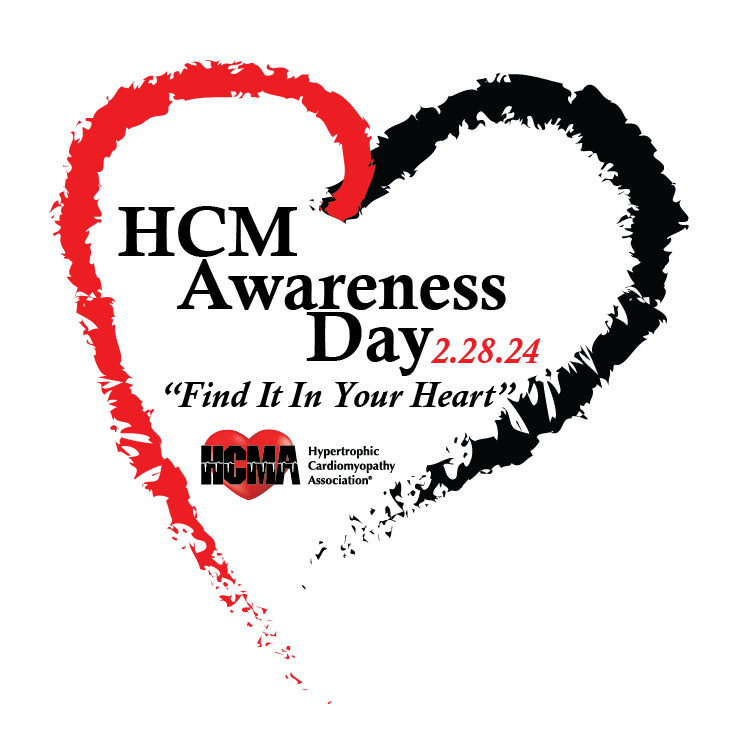
Here are some HCM basics that everyone should know:
- On average, we live as long as anyone else when we properly care for our HCM.
- We are more likely to get good care at a high-volume center – an HCMA-Recognized Center of Excellence. The American College of Cardiologists and the American Heart Association guidelines for HCM agree about high-volume centers.
- Most people have a few symptoms that are easily managed with medications.
- If you are a member of the HCMA Facebook Group, remember that those of us who seek support from the group often have more problems related to HCM. If you are newly diagnosed, you may be alarmed by what some are going through. Just know that your HCM may not be as dire as some accounts you read online.
- HCM is characterized by a thickening of the heart muscle (hypertrophy means “to thicken”). Even with minimal thickening, though, we can have symptoms due to heart muscle stiffness and other factors caused by myocardial disarray , which means the heart muscle cells aren’t lined up normally.
Some HCM statistics
About 50% of adults with HCM present with symptoms. You can be diagnosed with HCM at any age. It’s common to be diagnosed during the teenage years, but the average age of diagnosis in the HCMA database is 39 years. https://4hcm.org/hcm-development/
70% of those with diagnosed HCM are obstructed (called HOCM); for more info, please see the obstruction page on our website.
25% of people with HCM will experience atrial fibrillation , a serious arrhythmia.
25% of people with HCM would benefit from ICD therapy to protect them from sudden cardiac arrest (SCA). Risk stratification for SCA can help you and your doctors decide if you need an ICD and what kind is best for you. Traditional Transvenous ICD – Subcutaneous ICD Fewer than 5% of those with HCM will eventually need a heart transplant.
The post February is Heart Month appeared first on Hypertrophic Cardiomyopathy Association.


 Translate
Translate

